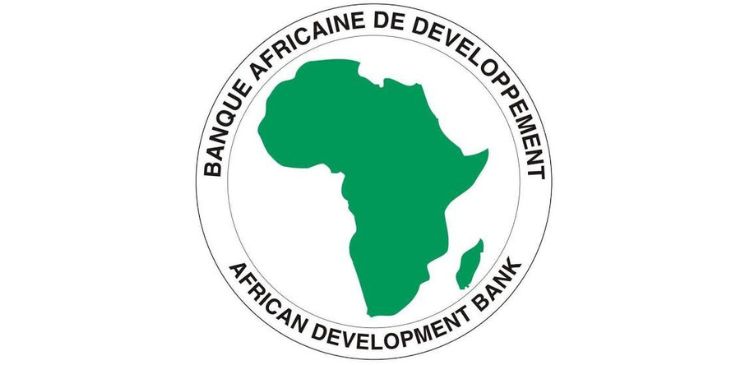The Board of Directors, African Development Bank Group has approved a $134 million loan for the National Agriculture Growth Scheme, known as the Agro Pocket program in Nigeria to scale up food production and boost livelihood resilience.
The Director General of the Bank’s Nigeria Country Department, Lamin Barrow, said the program would prioritize support for five strategic crops: maize, rice, wheat, soya beans and sorghum, with a particular focus on wheat value chains.
Also Read: Agriculture: Zamfara State Govt. disinfects poultry farms & markets
He said this will help increase cereals and oil grains production by 7 million tonnes to 35 million tonnes. It will also increase average cereal yields from 1.42 tonnes to 2 tonnes per hectare during the September 2022-December 2023 implementation period.
According to Barrow, The program is also expected to fast-track the implementation of key policies and institutional reforms as well as boost private sector participation in agriculture.
The program which is aligned with the Bank’s Ten-Year Strategy, will also promote climate-resilient agriculture and target the vulnerable population, including youth and women.
Barrow stated that the National Agriculture Growth Scheme – Agro Pocket program is anchored in the National Agriculture Technology and Innovation Policy (2022-27) which aims to modernize Nigeria’s agriculture sector in line with changing global food systems and supply chains.
He revealed that the Bank will support the Federal Government to put in place a robust institutional framework, including operationalization of the National Agriculture Growth Scheme – Agro Pocket program Secretariat as the administrative vehicle to oversee the implementation of the Agro-Pocket Scheme, whose precursor is the highly successful e-wallet scheme that was rolled out in Nigeria between 2012 and 2015.
The program aligns with the Bank’s African Emergency Food Production Facility and will support Nigeria’s efforts to mitigate the impacts of Ukraine war on food supply.
The Nigerian Department Country Director stressed that National Agriculture Growth Scheme – Agro Pocket program would help build the resilience of farming livelihoods, enhance farmers’ access to improved seeds, and strengthen the capacity of industry stakeholders.
For the Vice President, Agriculture, Human and Social Development, Beth Dunford, “Cushioning the poor from the effects of higher food, and energy costs, requires urgent and sustainable policy, such as increased public expenditure on agriculture.”
The African Development Bank led the mobilization of $538 million for the flagship Special Agro-Industrial Processing Zones program to develop value chains for strategic agriculture commodities in Nigeria and transform rural areas into zones of economic prosperity.
Nigeria, Africa’s most populous nation, is projected to hit 402 million by 2050 from 206 million people in 2020, making it the third-most populous country globally. The bulk of its rural population, representing 48% of the populace, produces up to 90% of the national output.
However, inadequate support for the farmers has confined them to traditional agronomic techniques, resulting in low productivity and limited opportunities for value addition.
(Editor: Nkoli Omhoudu)








